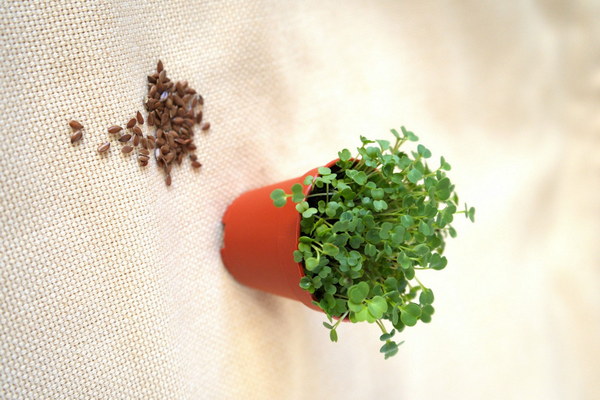PostAbortion Recovery A Comprehensive Guide to Nurturing Your Body
After an abortion, it is essential to prioritize your physical and emotional well-being. The body undergoes significant changes during this period, and taking proper care can help ensure a smooth recovery. In this article, we will discuss various strategies to help you nurture your body post-abortion.
1. Rest and Relaxation
Your body needs ample time to heal after an abortion. Ensure you get plenty of rest, avoid strenuous activities, and listen to your body's needs. Resting can help reduce stress and promote healing. Consider taking short walks or gentle exercises to improve blood circulation, but avoid anything too demanding.

2. Maintain Good Hygiene
Keep your reproductive organs clean and dry to prevent infection. Use unscented pads and change them frequently. Avoid using tampons for at least two weeks after the procedure, as this can increase the risk of infection. If you experience any unusual discharge, pain, or fever, seek medical attention immediately.
3. Nutritional Support
A balanced diet can provide the necessary nutrients for your body's recovery. Include plenty of fruits, vegetables, whole grains, lean protein, and healthy fats in your meals. Some essential nutrients to focus on include:
- Iron: Helps combat anemia, a common side effect of blood loss.
- Folic acid: Important for the production of red blood cells and preventing birth defects.
- Vitamin C: Boosts your immune system and aids in wound healing.
- Vitamin E: Promotes tissue repair and healing.
- Calcium: Strengthens bones and helps with muscle function.
4. Hydration
Stay hydrated by drinking plenty of water. Water aids in the elimination of waste products and helps maintain normal bodily functions. Aim for at least eight glasses of water per day.
5. Manage Pain and Discomfort
If you experience pain or discomfort after the abortion, over-the-counter pain relievers like ibuprofen or acetaminophen can help alleviate symptoms. However, consult with your healthcare provider before taking any medication, especially if you have any underlying health conditions.
6. Emotional Support
An abortion can be an emotionally challenging experience. Seek emotional support from friends, family, or a support group. If you're struggling with feelings of guilt, sadness, or anxiety, consider speaking with a therapist or counselor who specializes in reproductive health.
7. Regular Follow-Up
Attend all follow-up appointments with your healthcare provider to monitor your recovery. They can address any concerns you may have and provide guidance on how to care for your body post-abortion.
8. Avoid Smoking and Alcohol
Smoking and alcohol can hinder your body's healing process. Quitting smoking can improve blood flow and reduce the risk of infection. Abstain from alcohol consumption, as it can weaken your immune system and slow down recovery.
9. Gentle Exercise
Once your body starts to heal, engage in gentle exercises like walking, yoga, or swimming to improve strength and flexibility. These activities can also help manage stress and promote overall well-being. However, avoid intense workouts and consult with your healthcare provider before starting any exercise regimen.
10. Patience and Self-Care
Healing from an abortion takes time. Be patient with yourself and prioritize self-care. Take time to do activities that bring you joy and relaxation, such as reading, meditating, or spending time with loved ones.
In conclusion, taking care of your body after an abortion is crucial for a smooth recovery. By following these guidelines, you can ensure your body gets the necessary support to heal and regain strength. Remember, it is essential to seek professional medical advice and support throughout this process.









